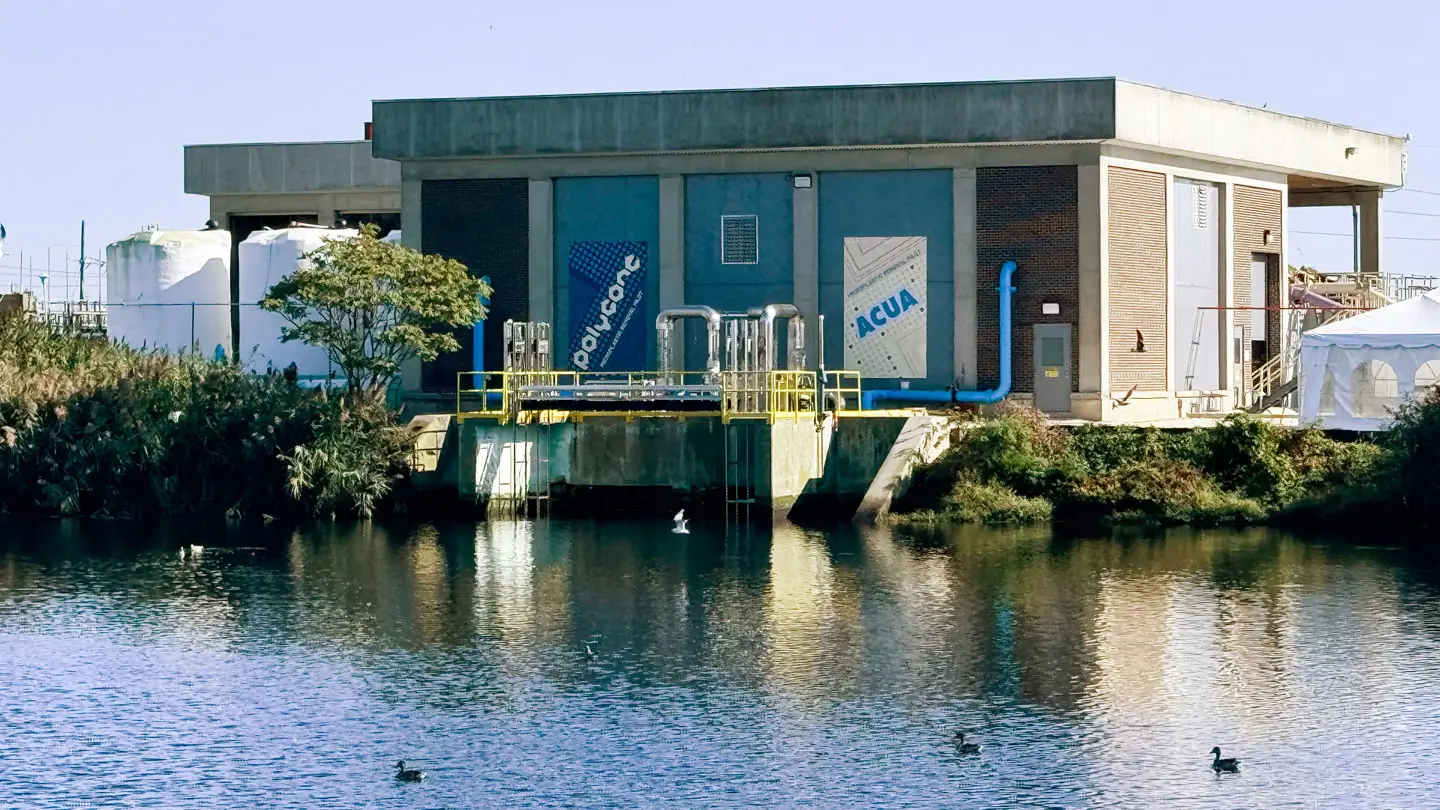
"The startup spun out of research at Princeton, where the founders drew inspiration from aquatic plants that can naturally attract microplastic. The plants have fibrous roots coated in a hydrophobic gel that pulls in pollution. "We managed to imitate the geometry and hydrophobility of the aquatic plant root," says cofounder Yidian Liu. "It has a lot of unevenness on the surface that creates little cavities for smaller pollutants to be trapped inside.""
"Wastewater treatment plants are a pathway for microplastic pollution to enter the ocean, which is now filled with trillions of particles. Most wastewater plants in the U.S. don't use advanced treatment before releasing water back into nature. Of those that do, most existing filters only catch larger microplastic, between 1 and 5 millimeters. Tinier fragments, invisible to the naked eye, slip through. Another type of fine mesh filter in use in some plants captures more, but then the plastic just ends up in landfills."
"In lab tests, PolyGone's system captures 98% of microplastic. After the filters are full, they can be cleaned and reused. The plastic is concentrated and sent for reuse. In Atlantic City, where the company launched its first wastewater pilot in September 2024, it has already captured more than 520 million particles of microplastic, exceeding performance targets. The plastic goes to other companies: one that turns it into chemicals, another that is beginning to use it to make fuel."
Microplastic fragments from clothes, tires, and other sources routinely pass through standard water filters into waterways. A new plant-inspired filtration system imitates aquatic roots with fibrous, hydrophobic surfaces and uneven microcavities that trap tiny plastic pollutants. The system captures about 98% of microplastic in laboratory tests and concentrates collected plastic for reuse; filters can be cleaned and reused. A municipal pilot in Atlantic City launched in September 2024 has captured more than 520 million particles. The technology can be applied at wastewater plants, industrial facilities, and in lakes and rivers, reducing microplastic discharge to the ocean.
#microplastics #wastewater-treatment #filtration-technology #plastic-recycling #environmental-engineering
Read at Fast Company
Unable to calculate read time
Collection
[
|
...
]